Chemical Process Equipment Automation
Chemical Process Equipment Automation
Chemical Process Equipment Automation refers to the use of advanced control systems such as PLC, SCADA, sensors, robotics, hydraulics, and pneumatics to automate critical processes in the chemical industry. At Harsha Engineers India, we design and implement automation solutions that ensure precision, safety, and efficiency in handling, mixing, transferring, and processing chemicals. These systems reduce manual intervention, improve product quality, and ensure compliance with strict industry standards.
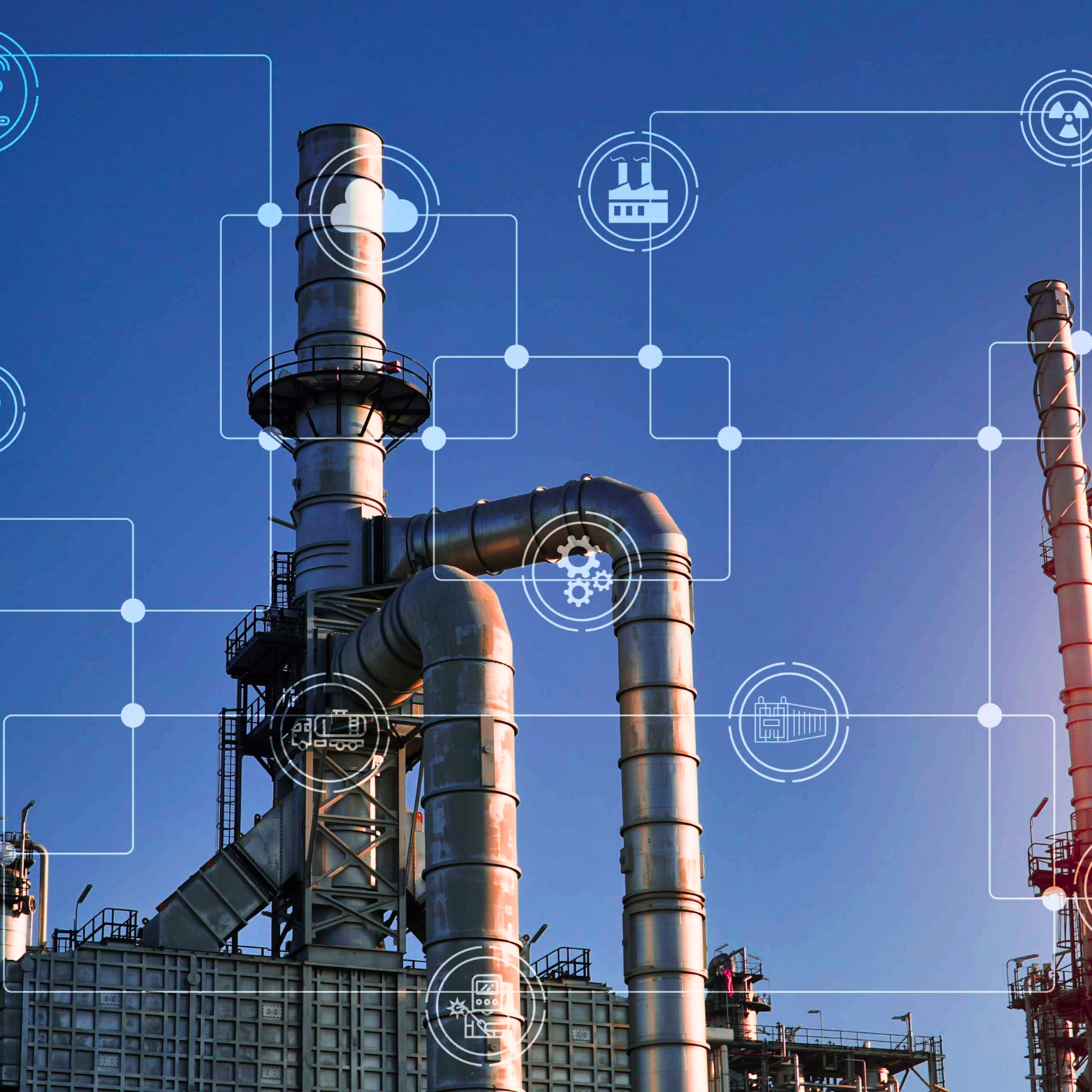
Advanced Control Systems – Integration of PLCs, SCADA, and HMIs for real-time monitoring.
Precise Process Control – Accurate regulation of temperature, pressure, flow, and mixing.
Automated Safety Mechanisms – Explosion-proof designs, interlocks, and emergency shut-offs.
IoT & Data Logging – Remote monitoring and performance tracking for predictive maintenance.
Custom-Built Solutions – Designed to match specific chemical processes and plant layouts.
Energy Efficiency – Optimized systems for reduced energy consumption.
Chemical Manufacturing – Automated reactors, mixers, and filling systems.
Pharmaceutical Industry – Precision formulation and batch processing.
Petrochemical Sector – Handling flammable and volatile materials with safety automation.
Food & Beverage Industry – Hygienic and controlled processing of additives and chemicals.
Explosives & Defense – Safe automation for handling and filling sensitive compounds.
Water Treatment Plants – Automated dosing, filtration, and monitoring systems.
(Customizable as per client requirements)
Control Systems: PLC, SCADA, DCS, HMI-based systems
Sensors: Pressure, temperature, flow, pH, level sensors
Automation Level: Semi-automatic / Fully automatic / Remote operation
Communication Protocols: Modbus, Profibus, Ethernet/IP, OPC-UA
Drive Systems: Hydraulic, pneumatic, or electrical
Safety Standards: ATEX / CE / ISO / IEC compliance
Data Management: Cloud-based IoT monitoring and predictive analytics
Safety First – Reduces human involvement in hazardous chemical operations.
Higher Productivity – Enables continuous, efficient, and consistent production.
Improved Quality – Ensures precise control and repeatability of chemical processes.
Cost Savings – Minimizes wastage, downtime, and labor costs.
Regulatory Compliance – Meets international safety and quality standards.
Scalability – Easily expandable to meet future industrial demands.
Frequently Asked Questions (FAQs)
Q1: Why is automation important in chemical process equipment?
Automation ensures precision, safety, and consistency, which are critical in handling volatile and hazardous chemicals.
Q2: Can Harsha Engineers India customize automation for specific chemical plants?
Yes, we provide custom-built automation solutions tailored to each client’s process requirements and plant design.
Q3: What safety features are included in your systems?
Our systems include explosion-proof enclosures, interlocks, emergency shut-offs, and compliance with ATEX/CE standards.
Q4: Can automation systems be integrated into existing chemical equipment?
Yes, we design solutions that integrate seamlessly with existing machinery and infrastructure.
Q5: Which industries benefit most from chemical process automation?
Industries like chemicals, pharmaceuticals, petrochemicals, food processing, explosives, and water treatment benefit greatly from automation.
Related Products
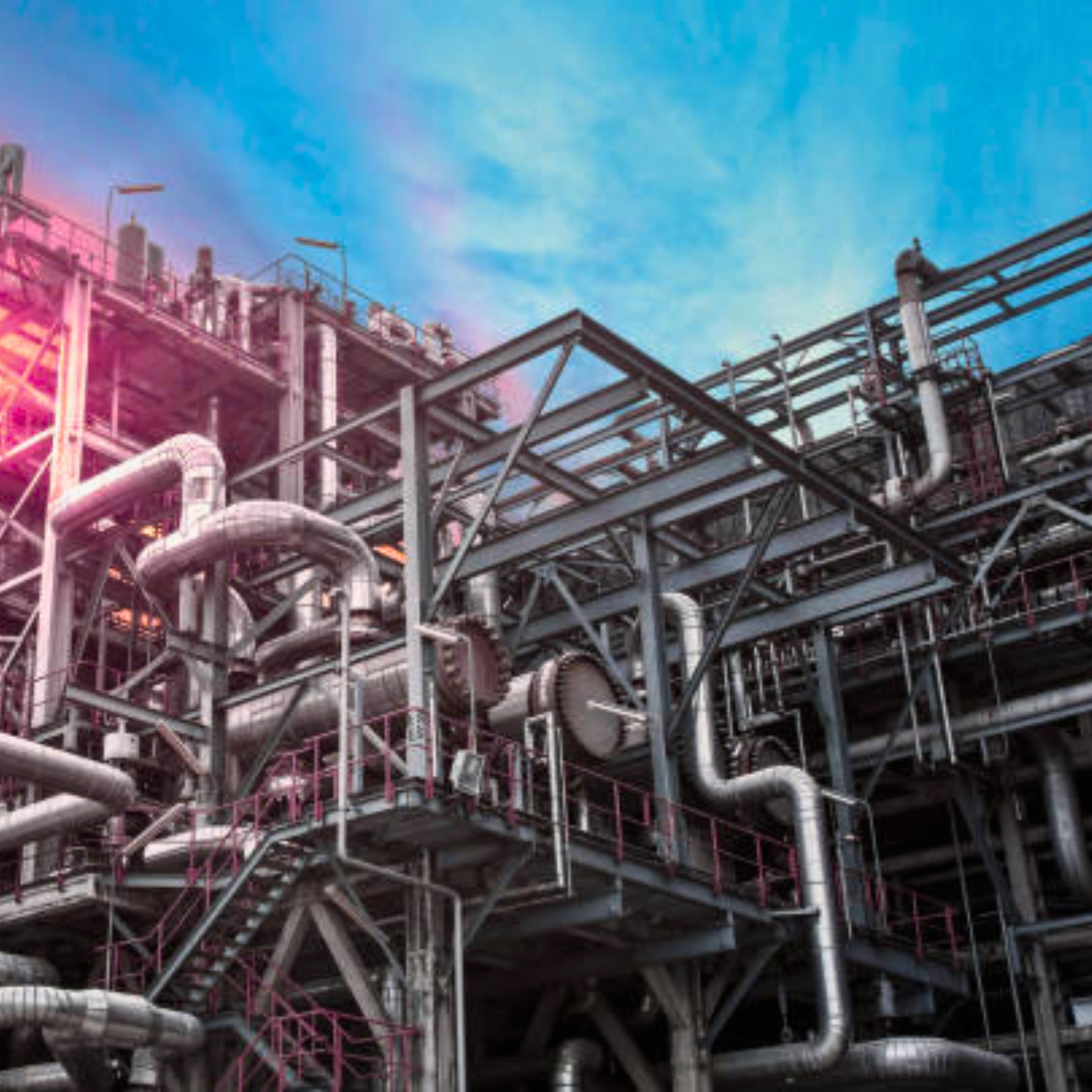
Chemical Processing Plant Automation
Complete plant automation using PLC/DCS systems. SCADA integration for real-time monitoring Safety interlock systems (SIS). Energy optimization and plant-wide efficiency control.
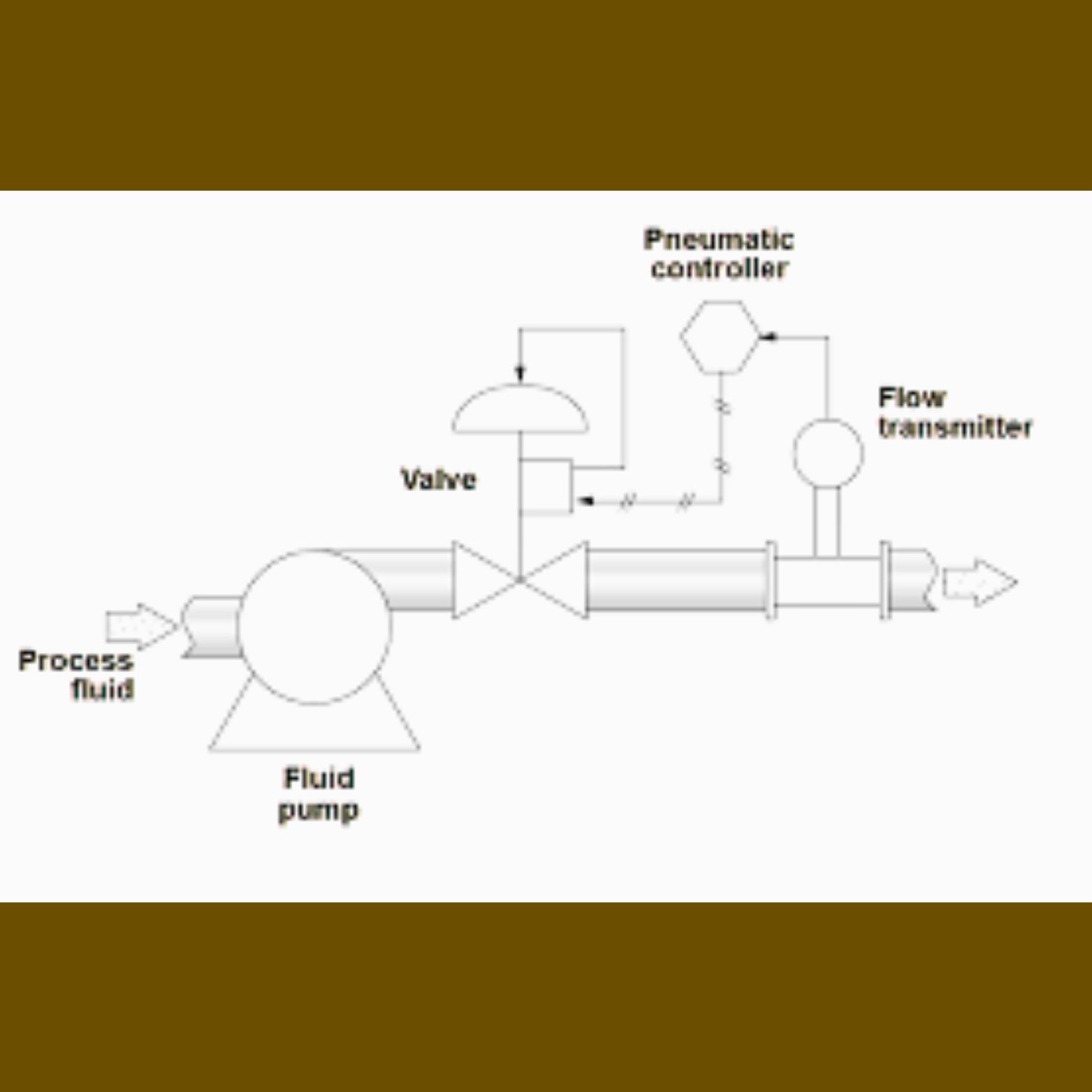
Flow Control Automation
Smart flowmeters (mass, magnetic, ultrasonic). Automated valves, pumps & dosing systems. Closed-loop monitoring for accuracy and efficiency.
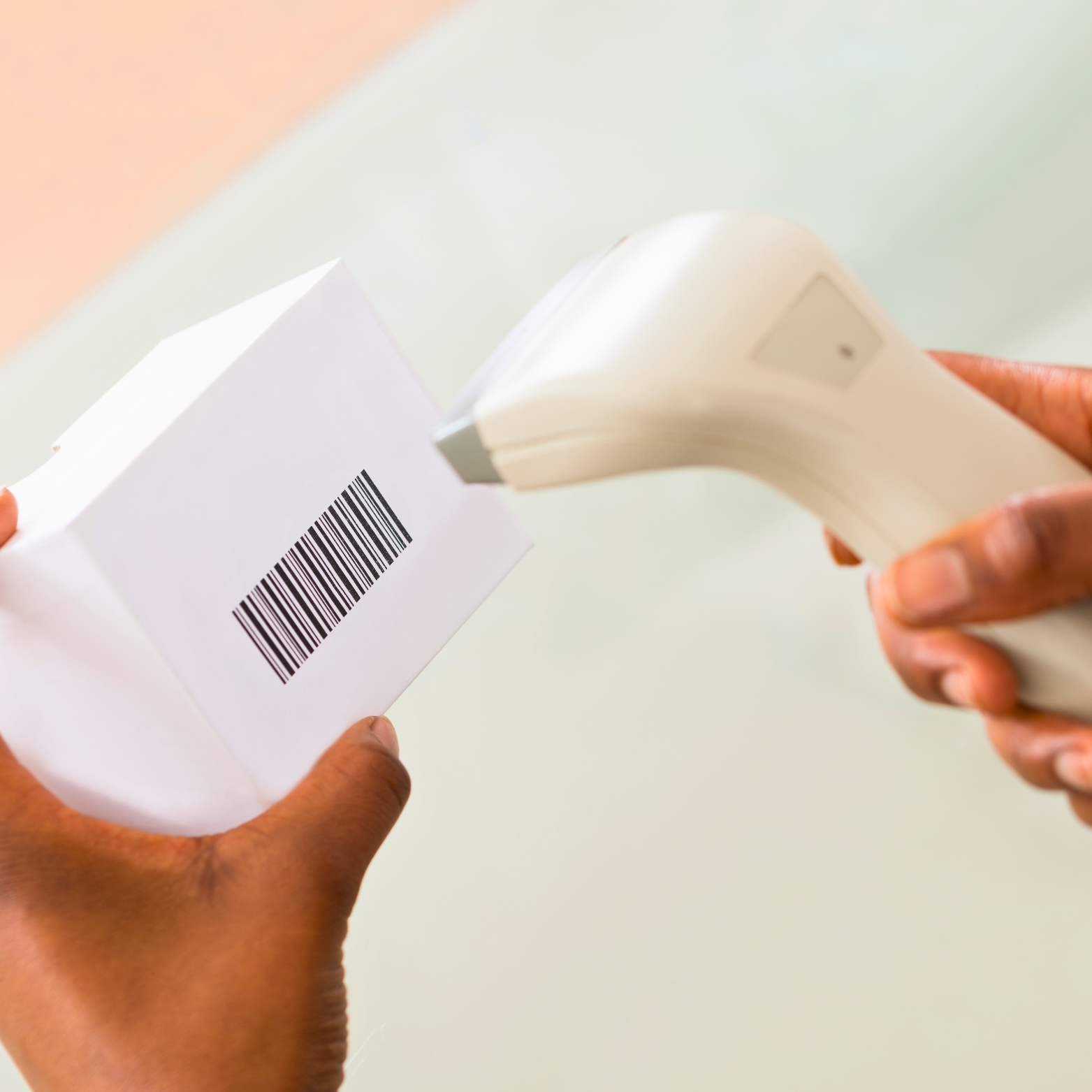
Automatic Barcoding, Scanning & Data Processing
Barcode & RFID tracking solutions. Automated scanning with vision systems. Real-time data processing & ERP/MES integration. Online production monitoring dashboards.
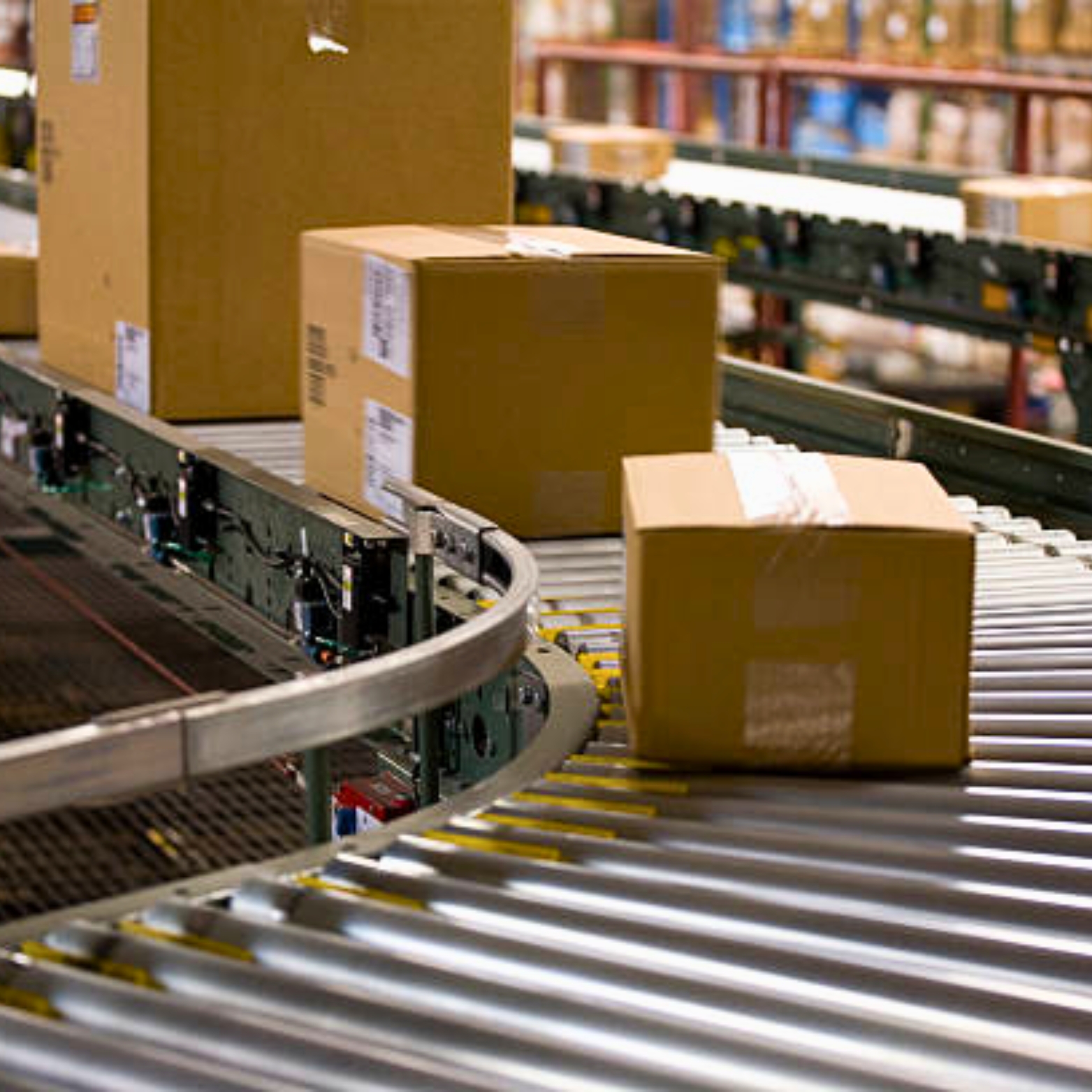
Conveyor System Automation
Material handling and transfer automation. Intelligent sorting & routing systems. Robotic palletizing & depalletizing. Conveyor monitoring with IoT sensors.

Packing & Filling Automation
Bottle, drum, and bag filling automation. Automated weighing, sealing & labeling. High-speed packaging lines with minimum manpower.
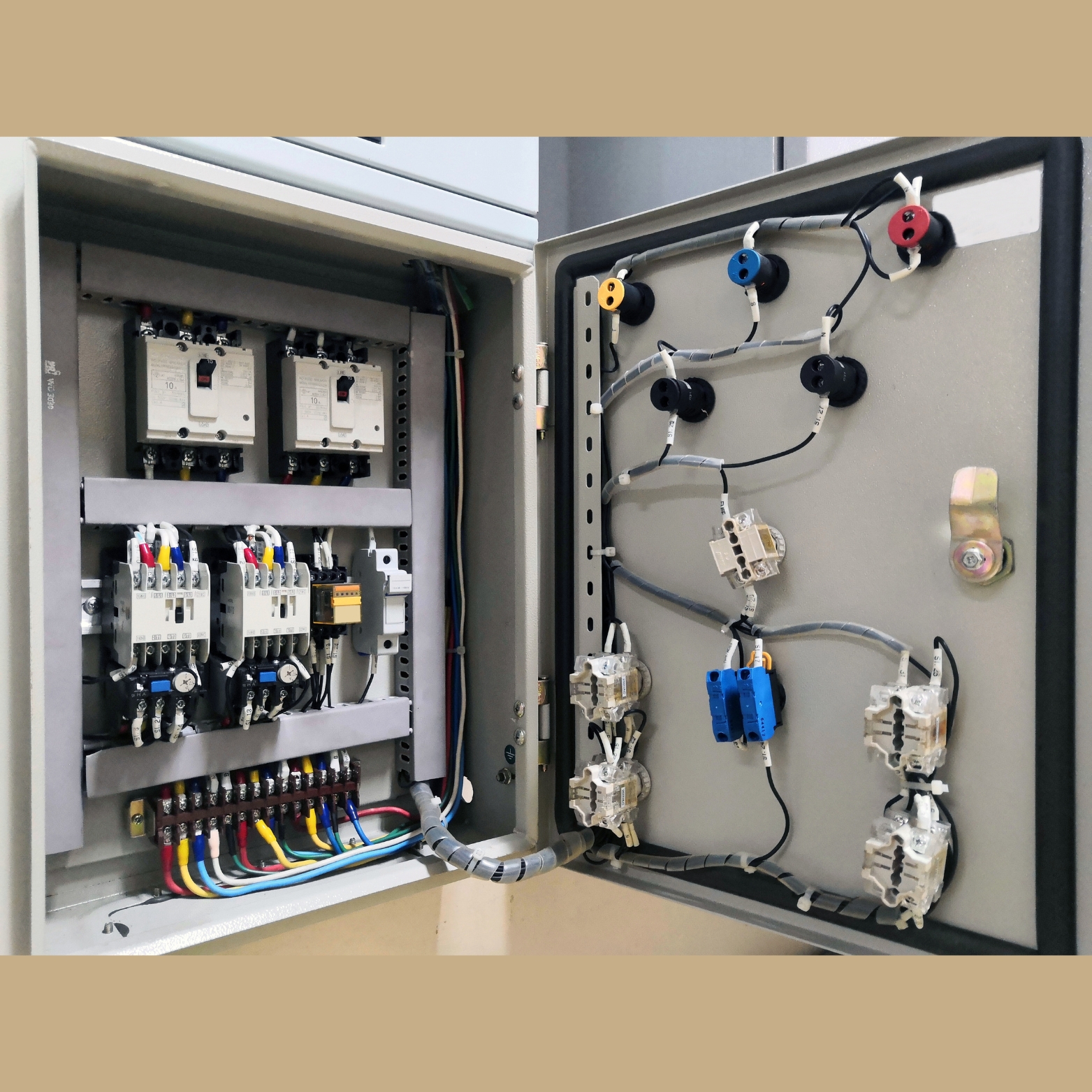
Automation Panels
PLC, MCC & VFD-based panels. HMI & SCADA integration cabinets. Remote monitoring & control panels. Customized panel design & fabrication.
